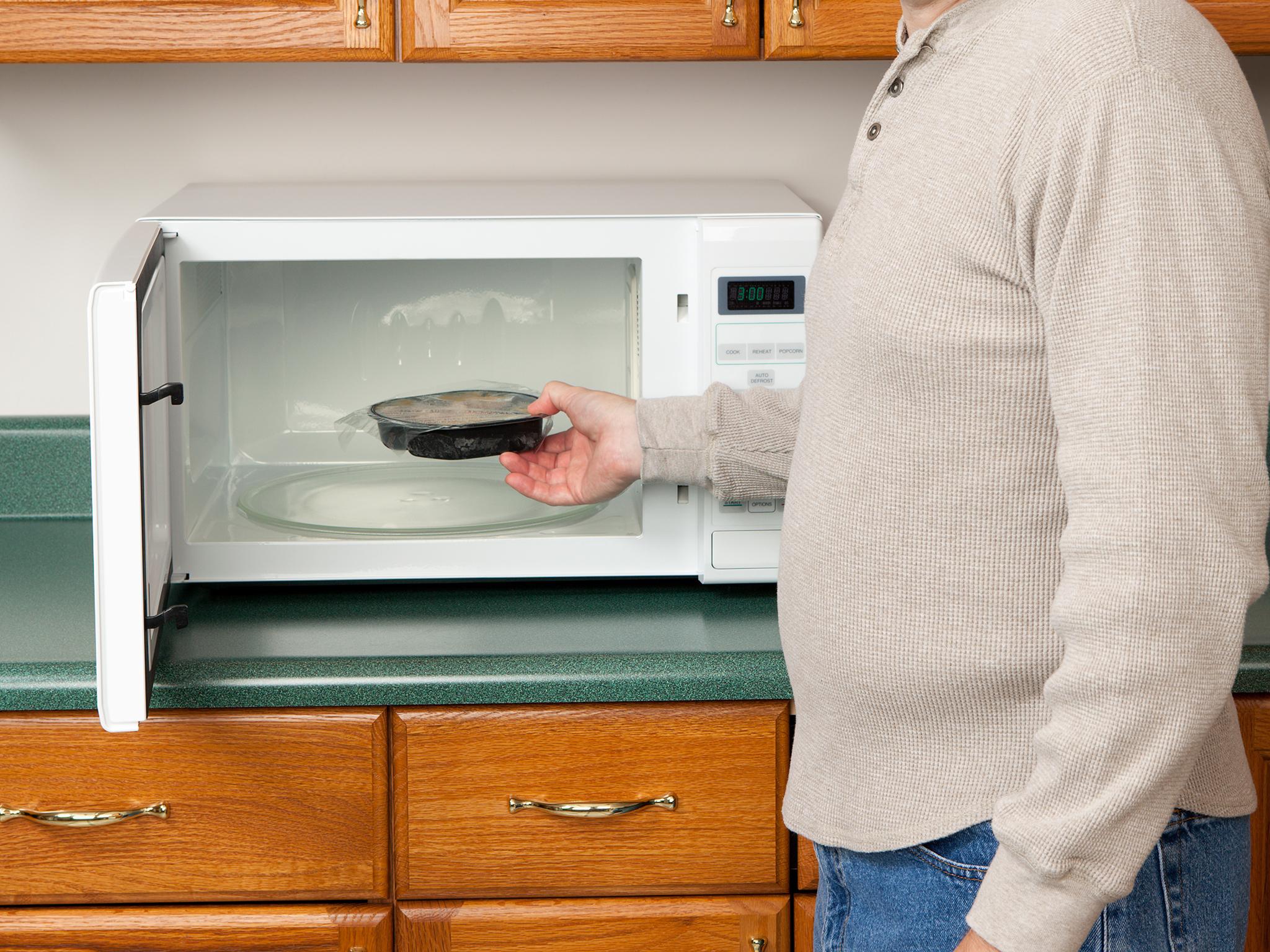What microwave ready meals do to your body and brain, according to the experts
Concerns raised about constant exposure to radiation emitted from microwaves

Your support helps us to tell the story
From reproductive rights to climate change to Big Tech, The Independent is on the ground when the story is developing. Whether it's investigating the financials of Elon Musk's pro-Trump PAC or producing our latest documentary, 'The A Word', which shines a light on the American women fighting for reproductive rights, we know how important it is to parse out the facts from the messaging.
At such a critical moment in US history, we need reporters on the ground. Your donation allows us to keep sending journalists to speak to both sides of the story.
The Independent is trusted by Americans across the entire political spectrum. And unlike many other quality news outlets, we choose not to lock Americans out of our reporting and analysis with paywalls. We believe quality journalism should be available to everyone, paid for by those who can afford it.
Your support makes all the difference.Microwave meals could have serious consequences on your health, according to experts.
Carcinogenic toxins are leached out of plastic containers used to heat ready meals in the microwave, the Daily Mail reported.
There are also concerns about the constant exposure to radiation emitted from microwaves can affect concentration, energy levels and sleep patterns.
“The extra toxins put extra pressure on your digestive system and on your immune system, too. They can have a detrimental effect on fertility, hormone balance, blood pressure, cardio vascular health, mood and libido also,” Rick Hay, anti-ageing food and fitness nutritionist, told the Daily Mail.
Microwave meals also have a lower nutritional content and often contain high levels of sugar, salt, chemicals and preservatives.
It is difficult to find ready meals containing organic or free range ingredients and additives are often used to increase shelf life and add flavour, according to Lily Soutter, a nutritionist and weight loss expert.
Ms Soutter suggests emptying the content and placing the food in a glass container before heating it up.
Information from the National Food Survey revealed the nation’s changing tastes, with an increase in reliance on ready meals since the 1970s.
The amount spent on chilled ready meals in the UK has gone up by half a billion pounds since 2007, according to Statista.
Join our commenting forum
Join thought-provoking conversations, follow other Independent readers and see their replies
Comments